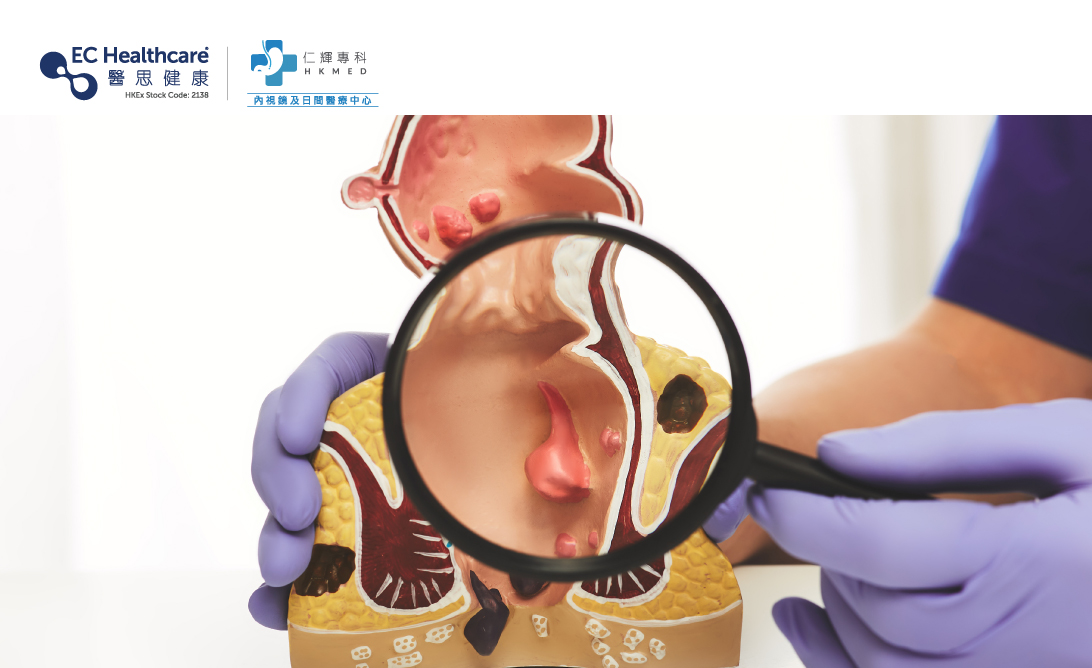Discover the Secrets of Your Stools Before Flushing


Stools are dirty and smelly, so of course, you can’t wait to flush the toilet after moving your bowels! Wait a minute. Although stool is a waste product of our body, its shape, colour, smell and even the frequency of bowel movements can tell us the health of our digestive system. You should build a habit of observing your stools before flushing to check your health condition.
Bristol stool scale: 7 types of stools
By observing the shape of your stools, you can determine how long it takes for food to pass through your large intestine, and thus whether your intestine is healthy. The Bristol stool scale classifies stools into 7 categories:
Type 1: Separate hard lumps (hard to pass)
Type 2: Sausage-shaped, but lumpy
Type 3: Sausage-shaped, but with cracks on the surface
Type 4: A smooth sausage or banana shape with no cracks
Type 5: Soft blobs with clear-cut edges (easy to pass)
Type 6: Fluffy and mushy pieces with ragged edges
Type 7: Watery, no solid pieces (completely liquid)
If your stool is of type 1 or 2, its moisture content is too low, which reflects insufficient intestinal fluid secretion or poor intestinal motility. Type 3 to 5 represent generally normal digestion, with type 4 being the healthiest shape.
Type 6 and 7 often appear with diarrhoea, which represents a bacterial imbalance in the body, excessive bad bacteria or the body’s inability to absorb water from food. If your stool often sticks to the toilet bowl, you may have eaten too much high-fat and high-protein food.
Apart from the shape, we should also pay attention to the colour and smell of our stool, as well as the duration of defecation.
Colour
Your stool should be brown or earthy yellow if you haven’t taken any food with colour additives. Yet, if your stool is black, it may be a sign of prolonged constipation or underlying gastrointestinal diseases. If you spot blood in stools, it indicates potential haemorrhoids or colon polyps, and even risk for colon cancer. You should seek medical help as soon as possible.
Smell
Stools are always smelly. Yet, if your stool is foul-smelling, it means that you may have eaten too much oily and irritating food, or that your gastrointestinal tract has too many bad bacteria.
Disclaimer: This article and the images herein may contain references from the Internet. Please contact us in case of any violation of copyright. The information above is for reference only and is not intended to be a substitute for medical advice. If you experience any discomfort, please seek medical attention immediately.
Related Brands










